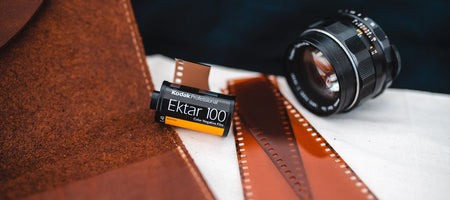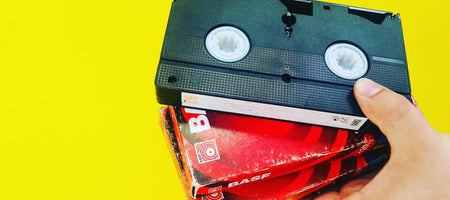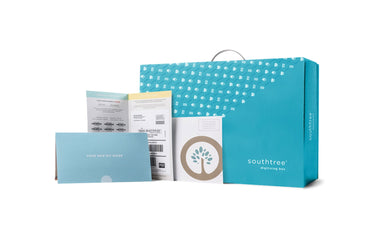The sweet tooth. That little craving in the back of your mind that tells you, “take that extra cookie.” And with Halloween just around the corner, our nation’s candy consumption is about to reach epic sugar proportions. Science tells us too much sugar is bad for our belly and our ticker, which should be enough to make us put down that second helping of Reese’s, but even newer findings are showing the effects of too much sugar on the brain. Spoiler alert: they aren’t sweet.
While small amounts of sugar are harmless, that’s not the case in the U.S. where the individual American eats their weight in sugar per year (155 pounds approx.). If it’s not already, then it’s quickly becoming an epidemic.
What’s BNDF and why should you care?
Brain-derived neurotrophic factor (BNDF) is a brain chemical that aids in the formation of new memories and learning. Why is this important? Because people with diets high in sugar are inhibiting their memory comprehension and learning capabilities by decreasing their BNDF chemical production. Additionally, as BNDF decreases, sugar metabolism worsens and the brain chemical that contributes to insulin resistance wanes. The result over time can lead to type 2 diabetes and metabolic syndrome, paving way to a plethora of other health issues, including hypertension, hypoglycemia, chronic headaches, nervous tension, acne, artery hardening and more.
But wait, more food for thought
Research has also shed the light on low levels of BDNF leading to depression and dementia. Which further means that low BDNF could be the trigger to brain deteriorating diseases like Alzheimer’s. Bottom line – low levels of BDNF are bad for our brains and chronic sugar intake is one of the biggest culprits where we can point the finger.
Okay, but it can’t get any worse, right? Well …
Additional studies have pointed to the connection of sugar and overeating. Expanded waistlines and excess sugar have been linked, that’s a no brainer, but why is something that’s still somewhat of a mystery. Science has found that eating mass amounts of sugar in your meals essentially “dulls” your brain’s mechanism that tells you you’re full. The result, we gorge and overeat – rinse and repeat. It’s a vicious cycle.
With so many processed food options conveniently available and more affordable than healthier alternatives, foods high in sugar have become an addiction. And soda is leading the charge for the enemy making up more than 33 percent of our nation’s sugar consumption at 10 teaspoons of sugar per 12 oz. can. Over indulging in sugar might seem like a harmless one, but newer research shows that diets high in sugar, consumed over a long enough period are no less of a problem than smoking or alcoholism. Take a moment to let that sink in.
Curbing the sweet tooth
Just like with any addiction, the good news is it can be curbed. But it’s going to take some effort to make the switch. Start by giving these a try:
- Go natural. You can still satisfy that sweet craving but do it in a healthier way by substituting natural sources of sugar (fresh fruits) over artificial/refined sugar.
- Pay attention to labels. Learning how to read food labels can help you in your battle against sugar. If the number of grams of sugar on the back of what you’re eating seems high, it probably is.
- Portion it. Drinking two sodas before your entrée comes, and then eating the whole plate, probably isn’t the best course of action. Try to limit yourself to water before your meal (or at least a single soda).
Excessive sugar consumption is damaging our bodies, and the damage starts with our brains. Research on the lingering effects of a high sugar diet are still in their infancy, but one thing is certain. Sugar is addictive, and if left unchecked, it can be just as dangerous as smoking and alcoholism.













